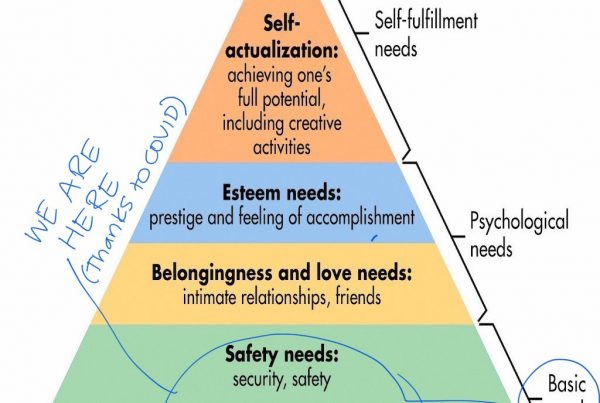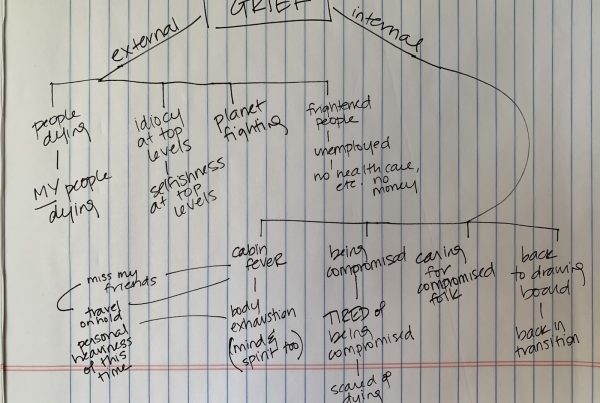(Note: it took me a while to write this. Chronologically, the conversations in this post happened 3-4 days after the evening described in “Fertility, Part Two.”)
It took me almost three full days to recover from my hangover. Undoubtedly a combination of not drinking very much in the last year and, well, being 34.
On Monday morning, I called the onco-fertility specialist at Northwestern in a state slightly calmer than full-blown panic. This woman, since the first day she walked into my hospital room over a year ago, has been simply lovely. Empathetic, knowledgeable, calm. Everything a person needs who manages women who are simultaneously dealing with cancer and the possible loss of fertility.
“Gah! Blood tests! Infertile! Gynecologist wants me to get an egg donor!”
“Hi Lydia. Um, what?”
I explained what happened on Thursday night at Whole Foods.
“Okay, send me your labs, and I’m happy to meet with you and Michael tomorrow. In the meantime, please remember that the only thing these labs are is a baseline.”
“What do you mean?”
“Now we know where you are, or were on August third. They don’t mean that you are infertile, they just mean that your body is still recovering from chemo, which you already knew. Okay?”
I took a deep breath.
“Okay.”
I calmed down. Immediately. And for the next thirty-six hours my mantra was: just a baseline…just a baseline.
Tuesday afternoon, Michael and I met her at the tea shop in the lobby of Prentice. I have spent too many nights on the 14th floor of that building getting chemo, but I still love it. There, I know exactly what is expected of me, exactly what to do, and exactly why I’m doing it. Life is rarely, if ever, this clear. For a recovering control freak, Prentice is sublime.
It’s also, on the non-cancer floors, the women’s hospital, which mostly means the lobby is filled with women about to give birth. Only slightly confronting for my current state of mind.
She gave both of us a hug. “Do you want to have this conversation in my office?”
I laughed. “Fuck it. I’m going to blog about it anyway, so we might as well have it here.”
We sat down on some comfy chairs about ten feet away from a father managing his toddler while the mother was upstairs with a newborn, and she explained everything to me.
AMH (anti-Mullerian hormone), the test that gynecologists love because it reports “ovarian reserves,” is apparently a useless test for post-chemo women. It measures the hormone released by eggs that are in the mid-stage of development. Not those about to pop, and, most importantly for me, not the tiny little ones that haven’t started to emerge. Apparently women who have never had their cycle interrupted for any reason usually have three or four of these mid-stage eggs always on the back burner, so the test tends to start high at puberty and generally decrease until it hits zero at menopause. Therefore, all this test told me was that my ovaries, as of August 3, had not yet restarted. Ironically, because of all of my hot flashes and everything, I already knew it.
The other test that we discussed was FSH (follicle-stimulating hormone), which was off-the-charts high. This one measures how much the pituitary gland is shouting at the ovaries to tell them to activate estrogen in order to coax a mid-stage egg into final development that will be released for the monthly cycle. Once the pituitary senses estrogen, it shuts FSH down. But if it doesn’t, then it just keeps sending FSH. So, once again, a test to show that my ovaries were not responding.
I looked at her, and she looked at me, and Michael watched us both.
“So what does all of this mean?”
“Absolutely nothing.”
“Um, it sounds like it means a lot. So, give me more.”
“What these tests say is that you are post-chemo, which we already knew.”
I turned that one over in my head for a minute, feeling like she wasn’t telling me something important. Ponder…think…
“When do I stop being post-chemo?”
“When your body is ready.”
I’ve had this conversation before. With my oncologist. With my energy-healer. With my shrink. With my acupuncturist. With my personal trainer. With my yoga teacher. With my husband. With my sister. With about 9,000 people. I’m certifiably sick of having this conversation.
I glared at her.
“Okay. It takes women anywhere from 6-18 months to have their bodies reset into their ‘new normal.’ So if you insist on knowing when you are done with chemo, it will be anytime from four months ago to April 2015.”
“Not helpful.”
“Well, I can’t give you more than that.”
We kept looking at each other. Michael kept watching us. Her incredibly kind face softened a bit.
“Why did you go to the gynecologist in the first place?”
“I wanted to know what was going on.”
“Why? Do you want a child right now?”
“Good lord no! I can barely walk from the amount of damage that chemo did to my knee ligaments and tendons. I’m just above barely functioning at the office, and every time I have a hot flash I start hyperventilating about whether I have cancer again. We were going to wait until I felt like my body was my own and not hijacked by the chemo gremlins. But I’m also 34, almost 35, and even without chemo my biological alarm bell was already ringing.”
She smiled. “So what you’re telling me is that you went to the gynecologist because you’re a control freak and a glutton for punishment.”
Shit.
Shit.
Shit.
Fuck.
I glared at her again. She smiled.
“Here are your two options. You can go and get this blood test every month and keep yourself in a constant state of panic about whether your ovaries are recovering. Or, you stop worrying about it, and when you and Michael want a child, try to have a child. Only then if it doesn’t work come back to me. We’re doing all kinds of incredible research into post-chemo fertility, and we’ll be able to help.”
Michael jumped in: “I vote for option two.”
We both laughed.
“I vote for option two too.”
Michael’s and my hands found each other as we walked out of Prentice.
And I started back-peddling from panic.



YES!!!
YAY!!!
I love you both dearly. What strength, what love, what a beautiful pair. Love..
Thanks…and love!
Well booyah. I like that. I like that a lot.
Thanks love. xoxo
Ahhh, wisdom, bless her heart, and your and Michael’s listening.
Big hugs, dear one.
Thanks mom.
XOXOXOXO